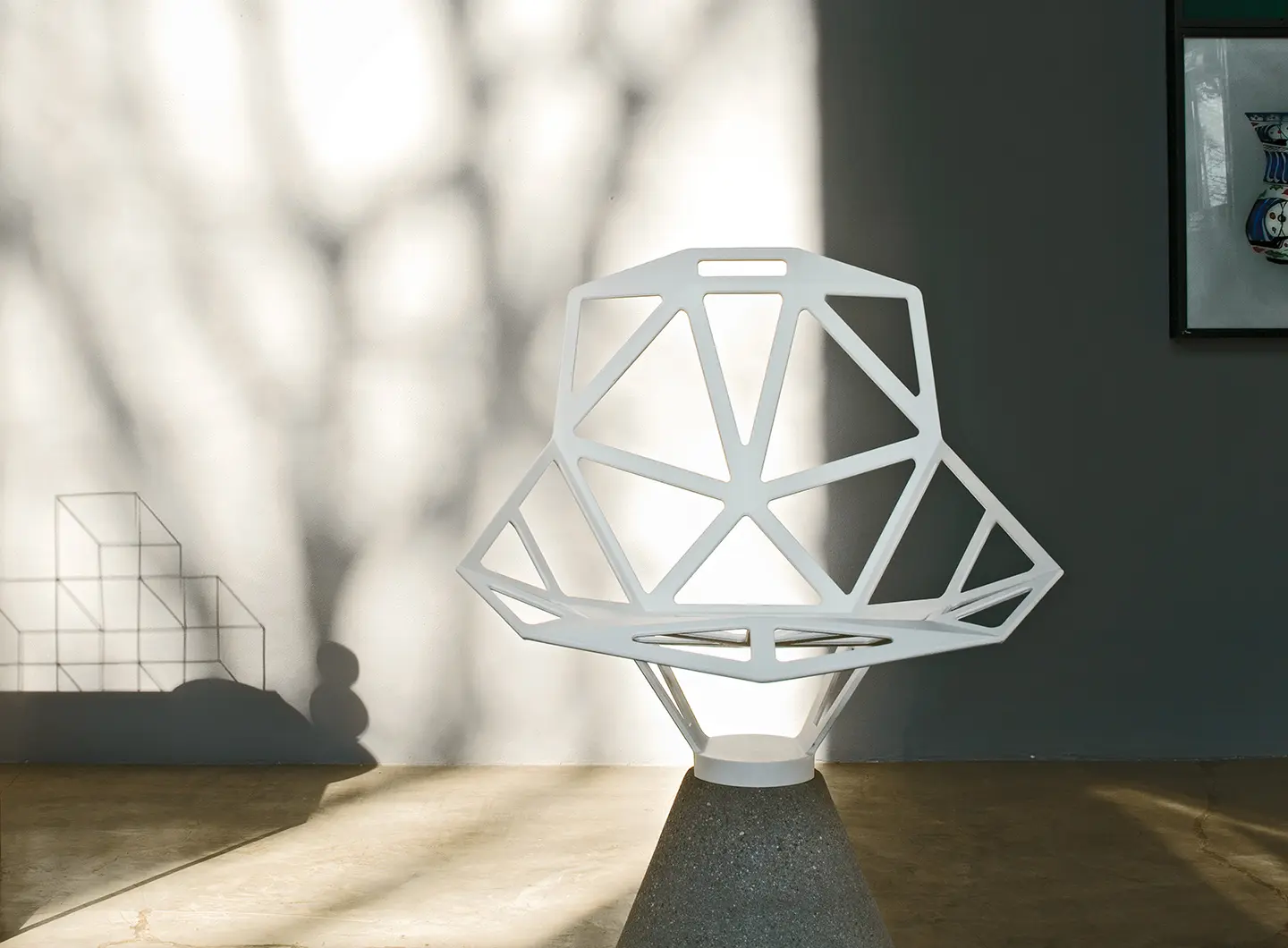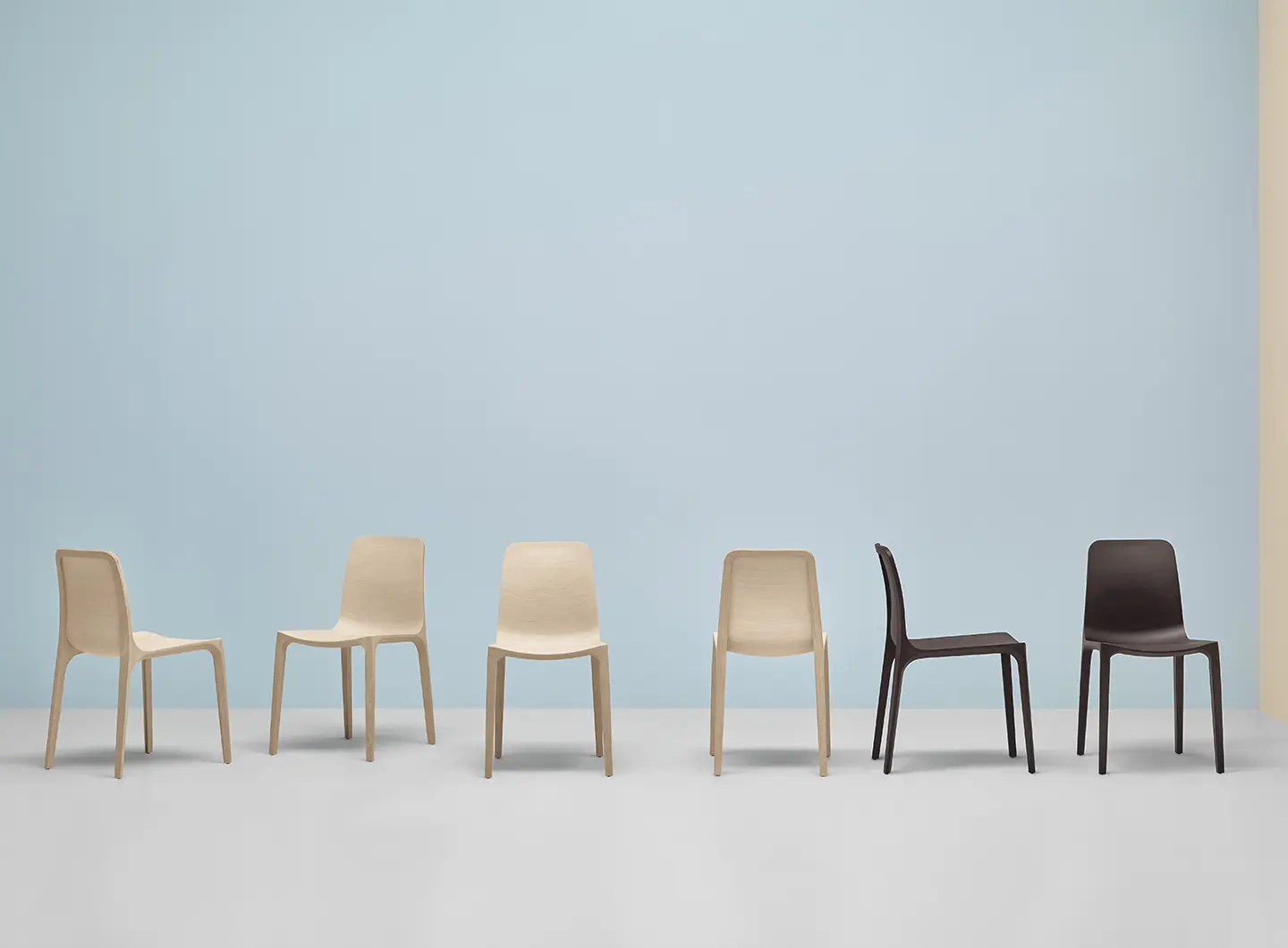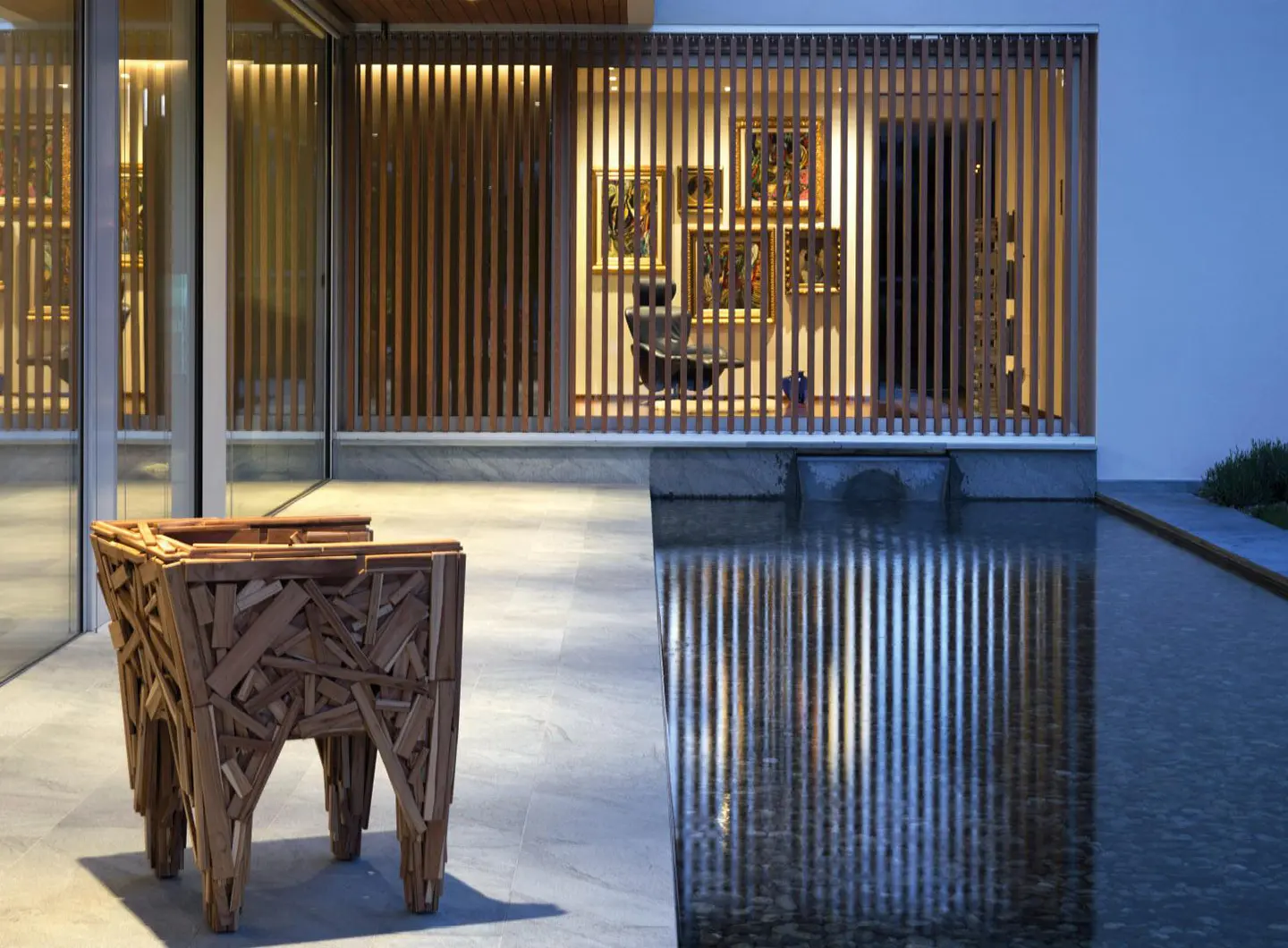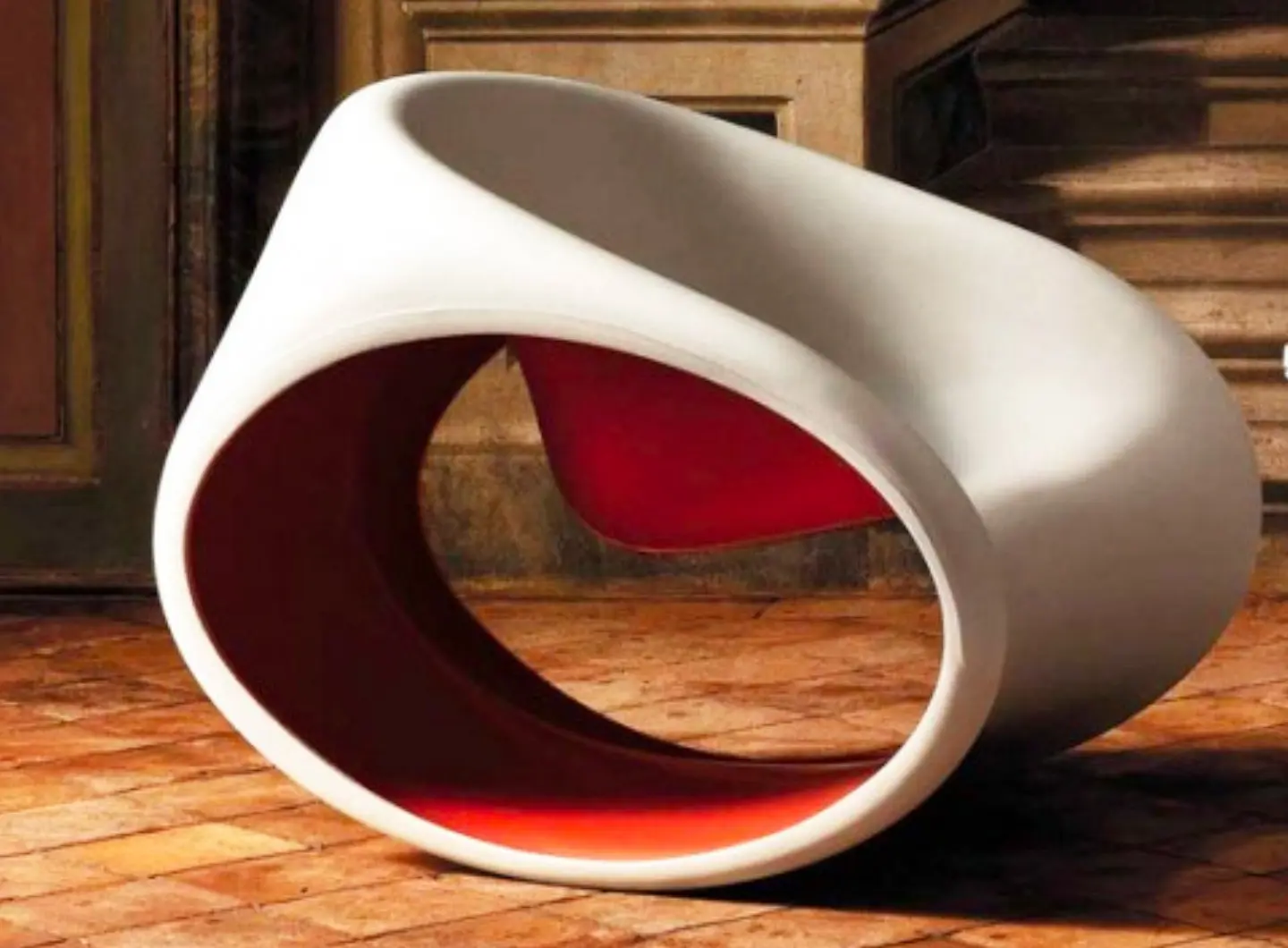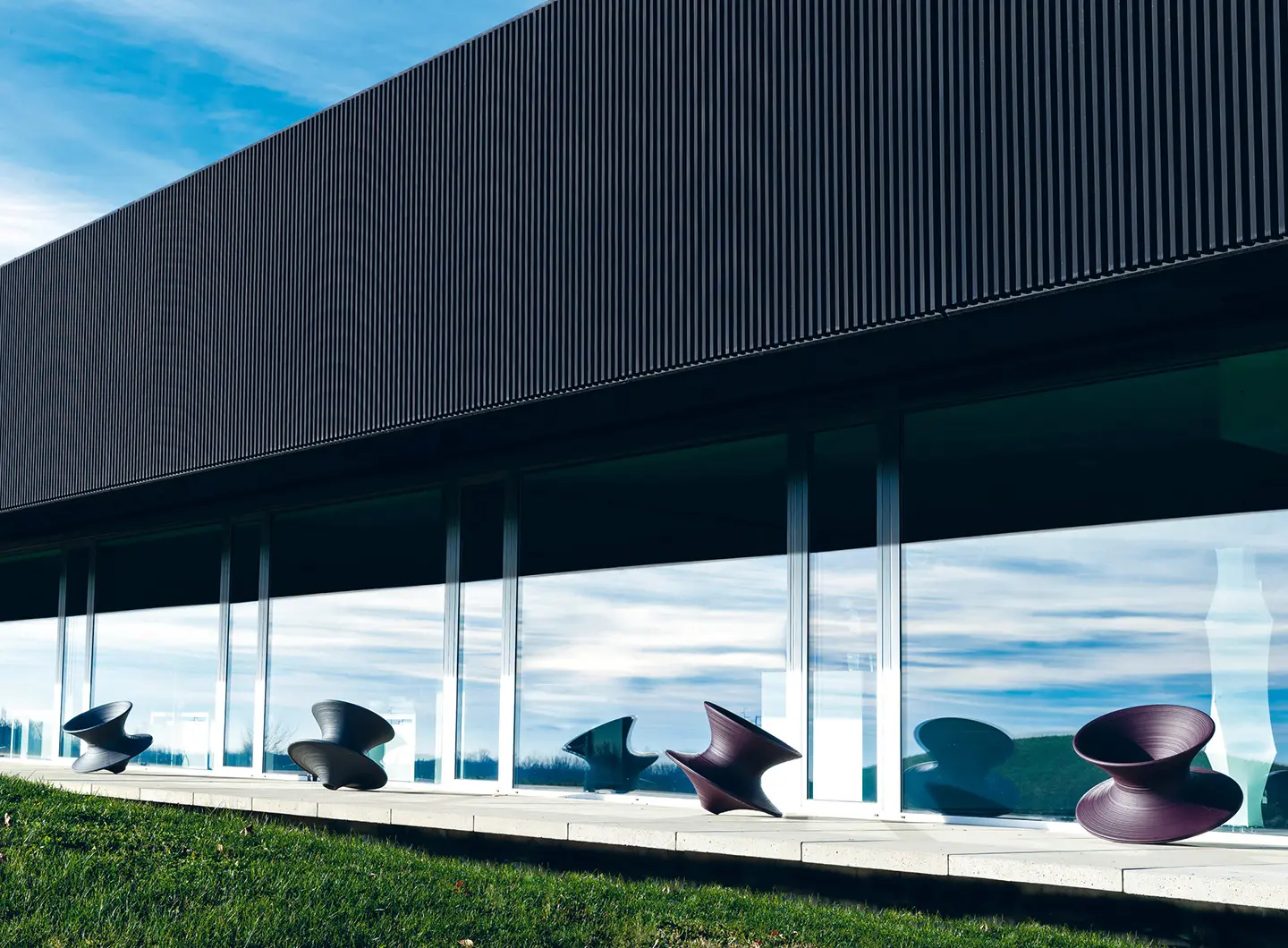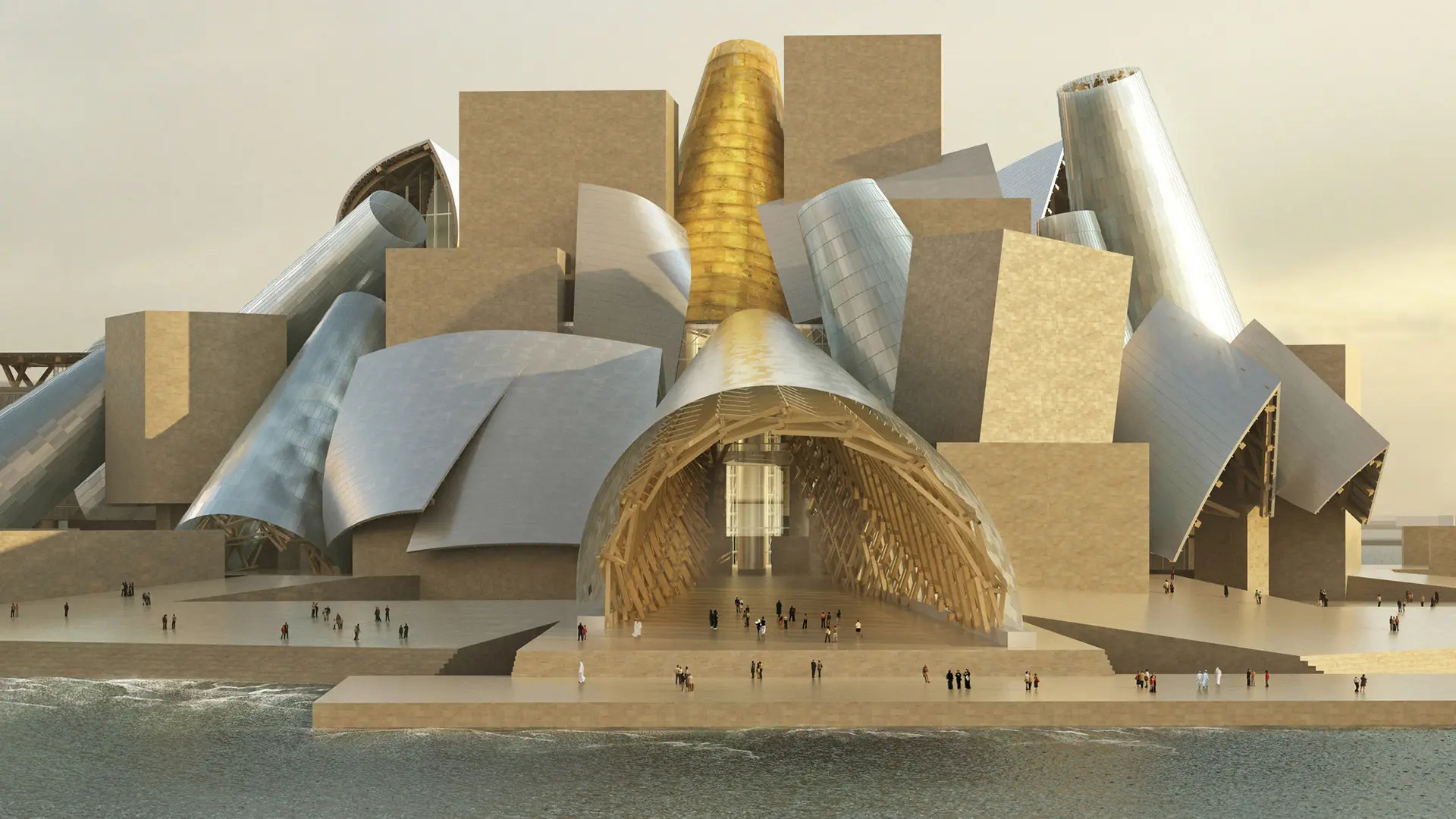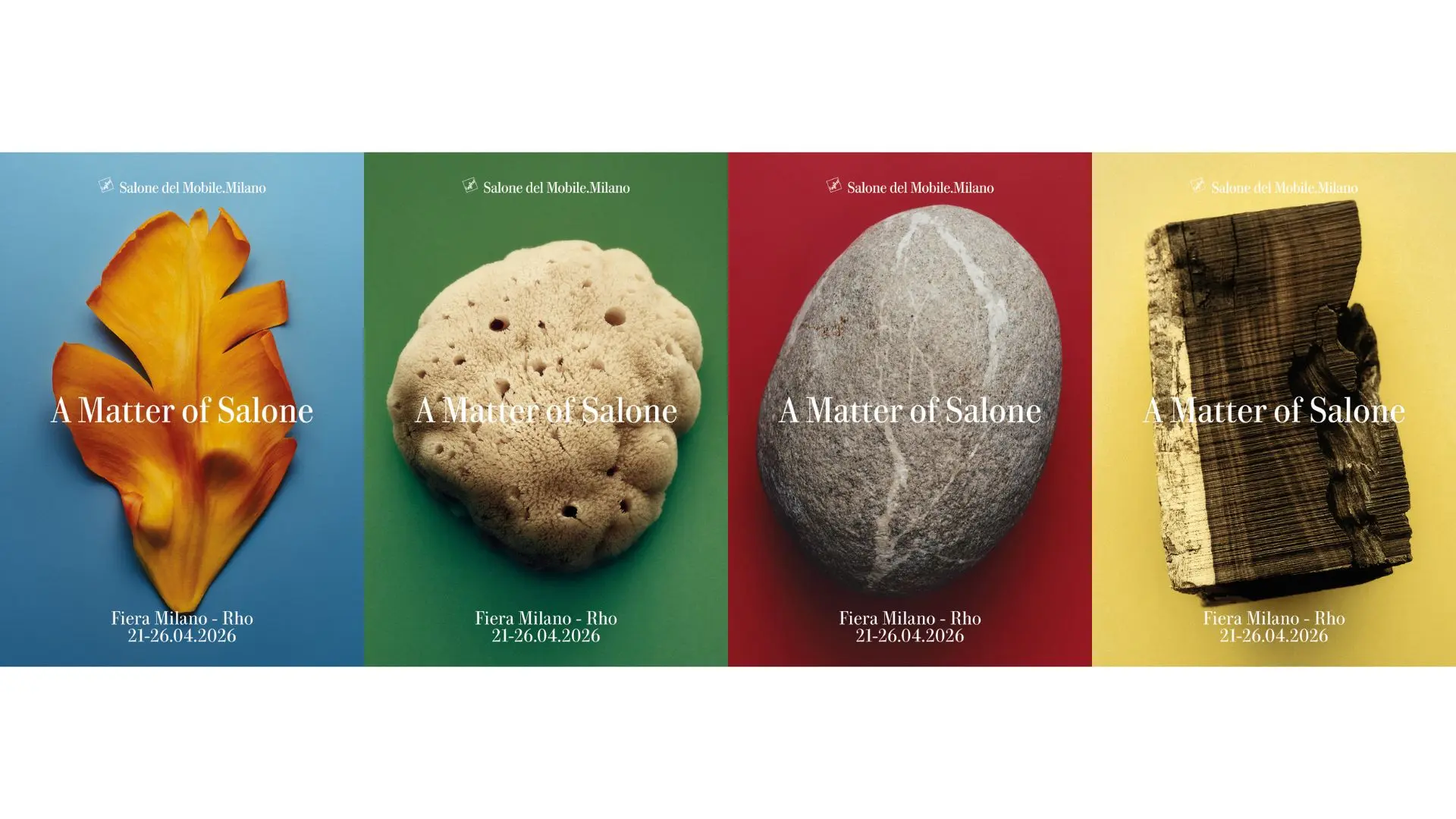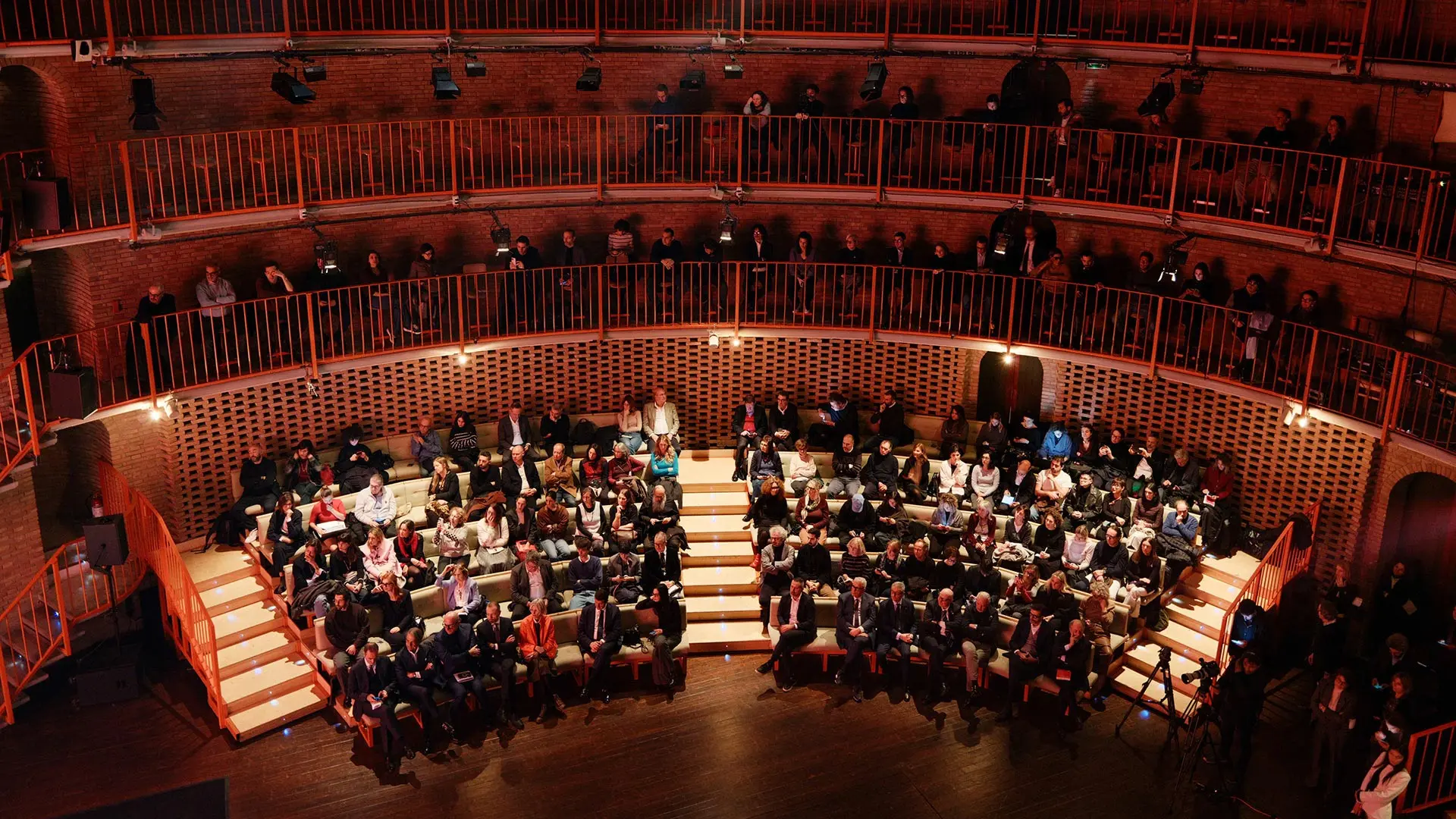From BIG to David Chipperfield, Frank Gehry to Snøhetta: a world tour of the best buildings set to open in 2026
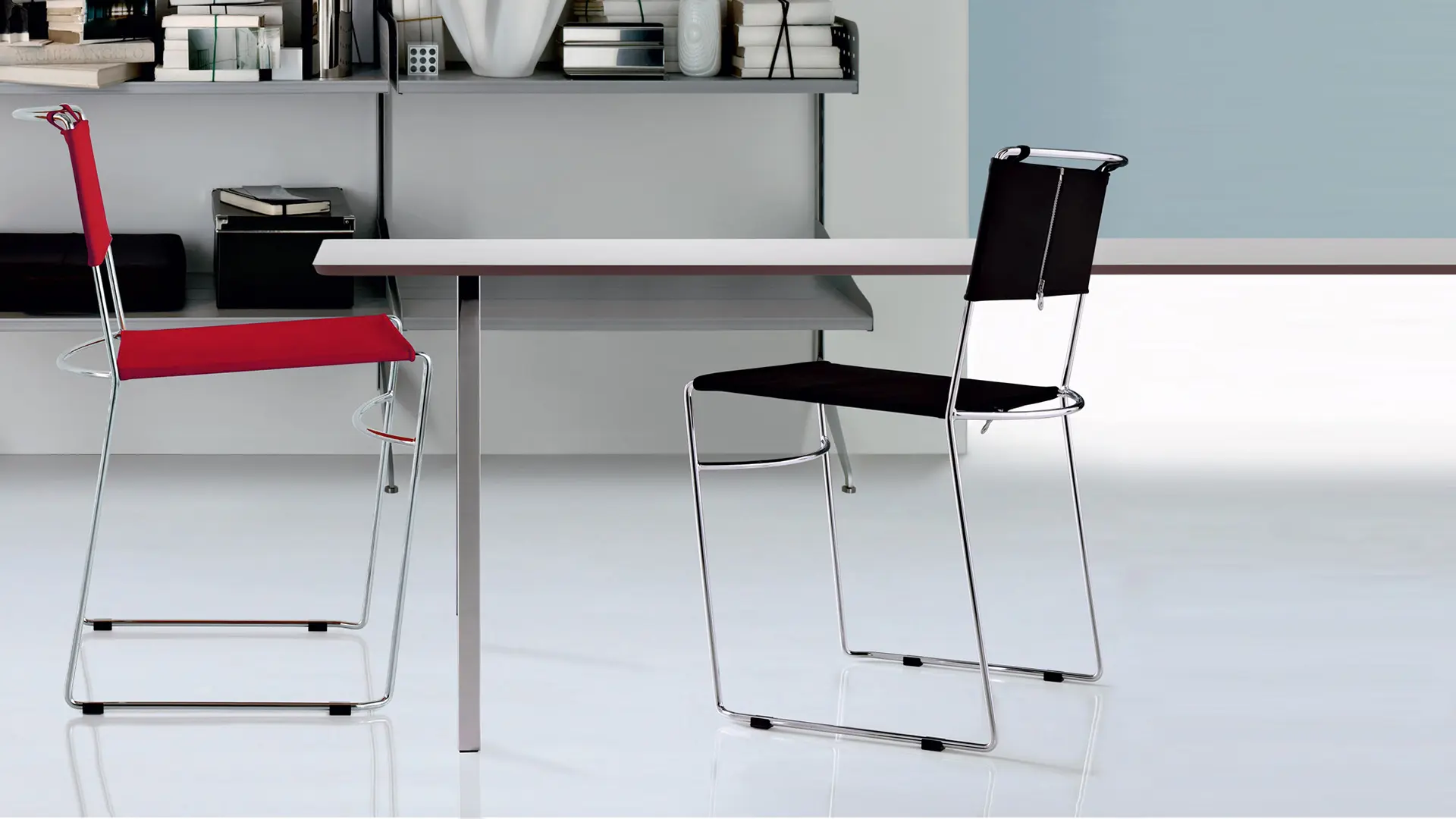
Delfina di Enzo Mari. Rexite
Take Your Seat / Prendi Posizione. Conviviality of the Chair / Solitudine e Convivialità della Sedia shows us how this type of furniture is receptive to stimuli from the outside world, from cultural changes to the latest technological discoveries.
As well as the many new things the “supersalone” has in store, there will also be an extensive programme of exhibitions, split between the four pavilions of the Rho Milan Fairgrounds, ADI Design Museum and Triennale Milano, the city hub of this edition of the Salone del Mobile.Milano. They include one of the most eagerly awaited events, Take Your Seat / Prendi Posizione. Conviviality of the Chair / Solitudine e Convivialità della Sedia, curated by Nina Bassoli in collaboration with ADI/Premio del Compasso d’Oro. As the title suggests, the protagonist of this exhibition is the chair (130 chairs, to be precise) and the political, social and cultural importance to and for which it has been a witness and ambassador over the last 70 years. Devised by Alessandro Colombo and Perla Gianni Falvo, the display will take visitors on a journey that begins in 1954 and is split into 4+1 categories: Take your seat / Prendi Posizione; Work Learn Produce / Lavorare Imparare Produrre; Cook Set Share / Cucinare Apparecchiare Condividere; Going Out: Going Public / Uscire Fuori: Entrare nello Spazio Pubblico, plus an additional, “extra” section at the ADI Design Museum (The Fifth Quarter / Il Quinto Quarto).
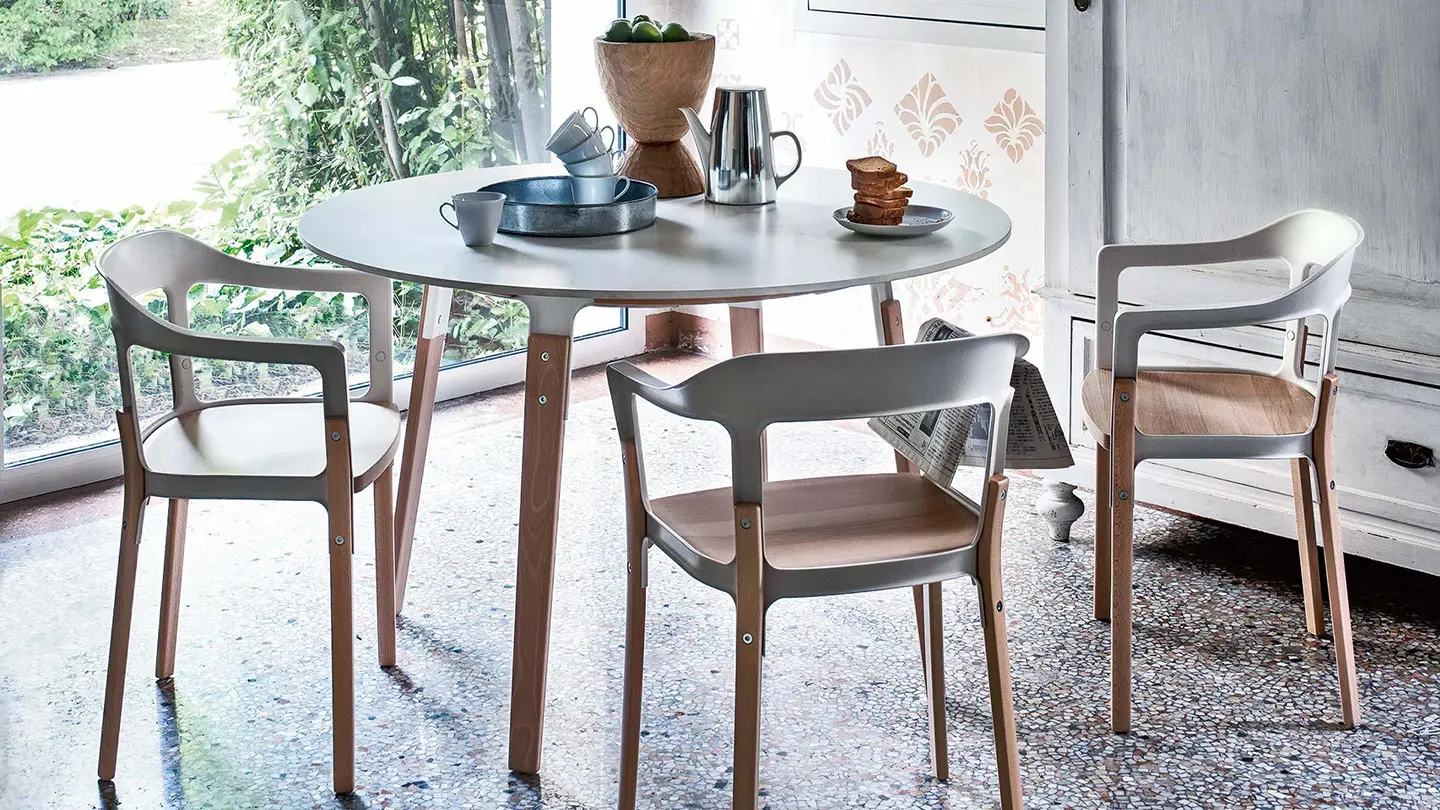
Steelwood Chair di Ronan e Erwan Boroullec per Magis
The chairs on show include historic pieces such as the Delfina, designed by Enzo Mari in 1974 for Driade (now produced by Rexite), which netted the Compasso d’Oro in 1979. A perfect example of minimalist elegance. The same harmony can be seen in the Steelwood Chair, in which steel plating and solid beech wood are brought together in a clean, technically skilful manner. Designed in 2008 by Ronan & Erwan Bouroullec for Magis, it was awarded the Compasso d’Oro in 2011.
Another crucial Magis piece is Chair_One by Konstantin Grcic, its look distinguished by its voids: a timeless chair that demonstrates the potential of die-casting. The chairs on exhibit in the 4+1 sections also include the Frida, designed by Odo Fioravanti with input from Gianpiero Billiani - Pedrali Lab and Lorenzo De Rosa - Sovrappensiero Studio for Pedrali in 2008. Winner of the XXII Compasso d'Oro ADI for its "simple sculptural beauty,” it combines harmonious shapes and cutting-edge technology. Along with more traditional chairs, there will also be experimental pieces and exercises in style. The upshot of one of these was the Favela, designed in 1991 by Brazil’s Fernando & Humberto Campana and produced by Edra since 2002. It’s a product that just shouts craftsmanship, taking a week to build, and no two chairs are the same, thanks to the varying arrangement of the wooden strips. MT3 by Ron Arad for Driade, which garnered the Compasso d’Oro in 2008, not only reminds us of the traditional shape of chairs, it is also the first two-tone piece of furniture produced by rotational moulding. Another piece that demonstrates a new mode of sitting is Spun, by Thomas Heatherwick for Magis: a contemporary sculpture as well as a comfortable and entertaining rocking chair, that can turn 360° and engage with the world around it.
Take Your Seat / Prendi Posizione will give visitors a chance to see and discover some of the most successful pieces in design history.


 Exhibitions
Exhibitions
